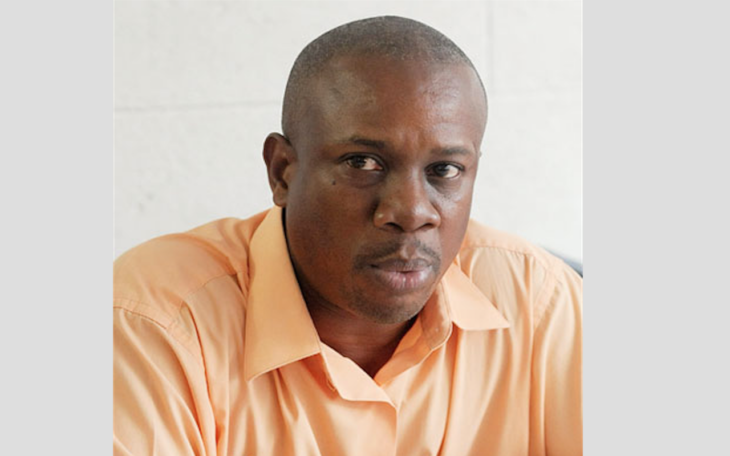Sceptical of assurances on the control of the year-long COVID-19 pandemic, unionised teachers have rejected the Chief Medical Officer’s recommendation of a full-scale resumption of school, declaring there should be no return to face-to-face instruction until the new school year begins in September.
Barbados Union of Teachers (BUT) president Pedro Shepherd declared that at this stage the risk of contracting the coronavirus significantly outweighs the potential benefits of returning to face-to-face classes, despite the Government’s top doctor’s projections as the country races to vaccinate thousands of Barbadians each week and the rate of infection continues to taper off.
According to the union boss, with the country continuing to battle the virus’ community spread and numerous active hotspots, the vast majority of unionised teachers are sceptical about returning to the classroom.
He further contended that even if teachers received the Oxford AstraZeneca vaccine in the coming weeks, they would only be guaranteed the highest level of immunity in July when the second doses are due to be administered – two months before the Michaelmas term is due to begin.
Shepherd said: “All of that has assisted us in making the decision that teachers cannot safely return to schools before September. If we return before September, it is simply because we want to get the class fours prepared for the [secondary school entrance] exam… For the CXCs, we know that the exam dates have been set for June-July, so teachers would be able to go in and assist.
“We would be risking our lives to go in and assist the nation’s children because we would not have had the second vaccine by then. Some teachers might have [been vaccinated] in the first rollout, but the majority of teachers would have to wait until at least July to have the second dose and be in a safe position to go back into school. So we are proposing a September restart for full face-to-face and that is contingent on what develops in this country, because if we go into a third wave, then September would not be suitable or appropriate to return.”
His comments followed a two-hour meeting on Friday between Education Minister Santia Bradshaw and the country’s main teachers’ unions about a potential return to class for the third term.
The meeting coincides with a recommendation from Chief Medical Officer Dr Kenneth George that students “return to face-to-face class as soon as possible” which was relayed to the unions by a letter issued by Acting Chief Education Officer Joy Adamson.
The correspondence further suggests that members of the COVID-19 Monitoring Unit have already been visiting school compounds to assess their readiness for classes.
“We felt that that statement was indeed an ambitious one, especially in the environment where we have community spread, family clusters and a number of hotspots in Barbados. To make the statement, which we assume was based on science… caused tremendous concern for us,” the union leader further declared.
The union is also arguing that although children are still considered least likely to be severely affected by the coronavirus, he noted just days ago, over 100 minors were in isolation.
Teachers responsible for instructing students with disabilities and ‘special’ needs are particularly concerned about their safety in an environment that requires continuous hands-on supervision.
“I think the special needs teachers at our meeting yesterday were the most vocal and we did inform the ministry that the membership, particularly those in special needs school were very unanimous… There was absolutely no support for the return of those students,” Shepherd said.
In the BUT members’ meeting on Thursday, teachers asked for protective barriers similar to those between cashier and customer at retail businesses across the island. Shepherd added that others are more worried about potential exposure during students’ commute to and from school.
Shepherd said: “It is a challenge that presents a serious risk and teachers are not comfortable with having students traversing the entire country and then coming into the schools unless of course, those modes of transportation can guarantee that there is that high level of sanitizing and so on. But of course, as students move from bus terminal to bus terminal…there is always the opportunity for them to come into contact with other persons on the street.”
Source : Barbados Today

